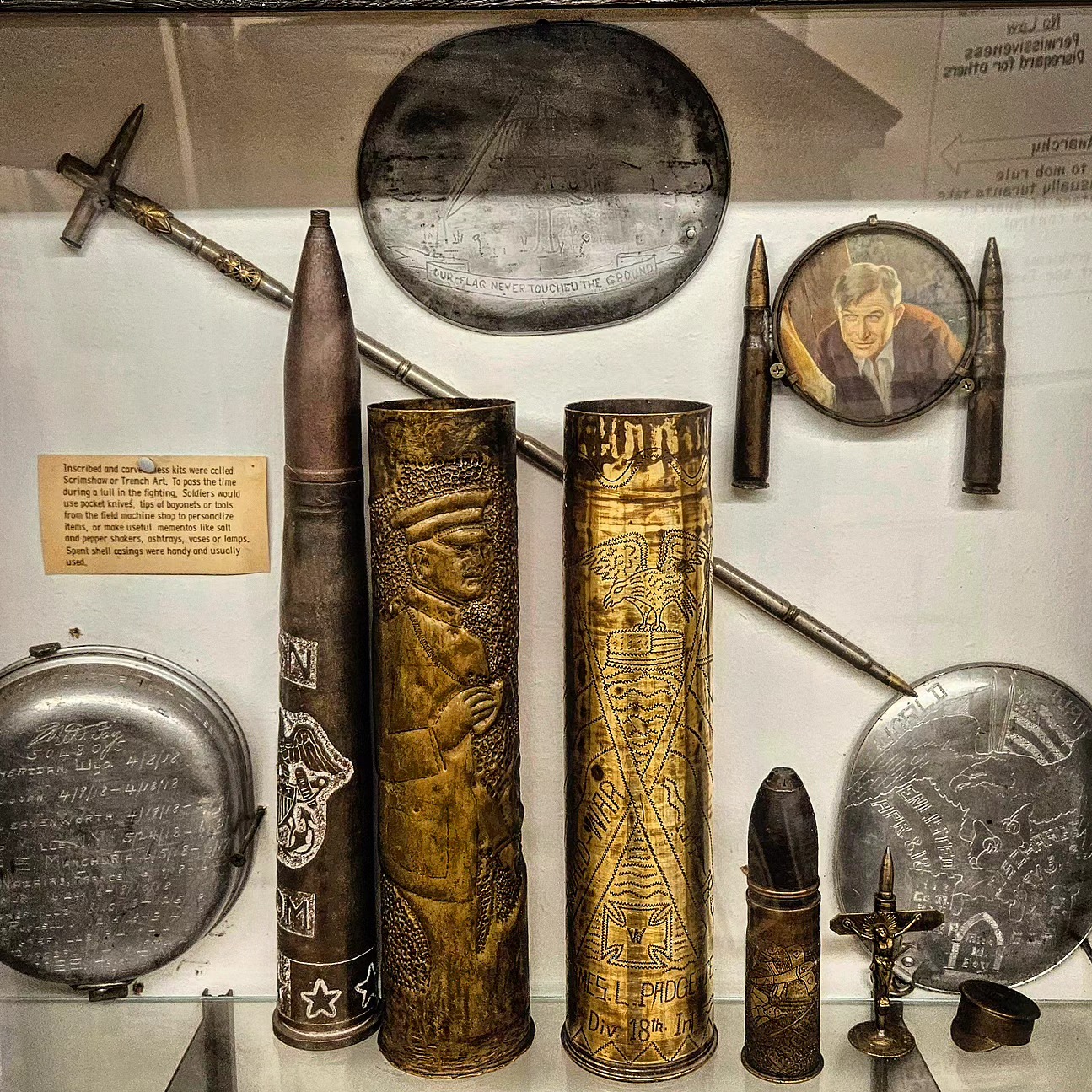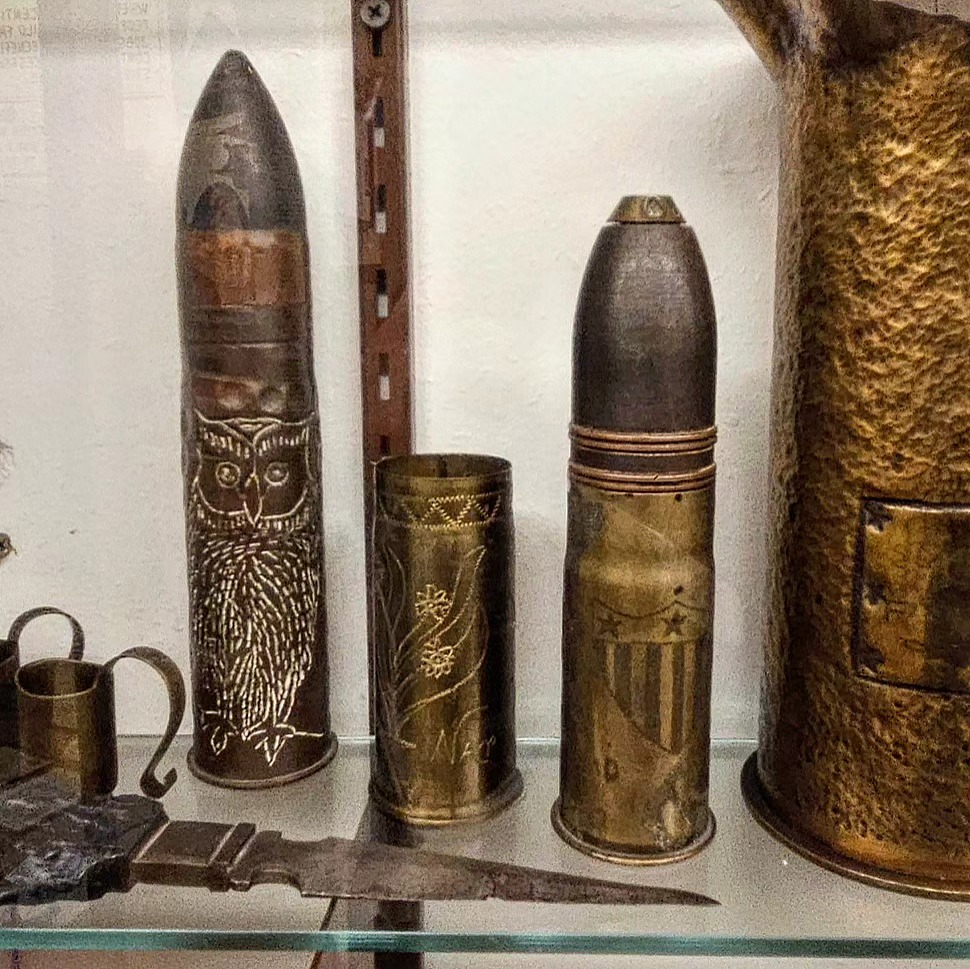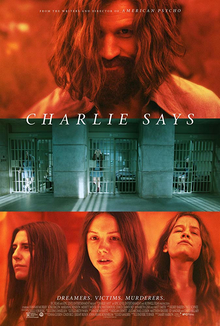Tags
Decorum, Drugs, Gangs, Getting Stoned, Marijuana, Oops, Pot, Professionalism, Research
“Dude, do you know where I can score some pot?”
It wasn’t the first time a jock or a prep had asked where he could buy some marijuana. Neither was it the first time, I said, ‘no.’ It certainly wasn’t the first time, that answer got me a suspicious glare. If you could call somebody a liar with just a glance, these exchanges always seemed to end on exactly that kind of glance. He drove off with a disgusted look on his face.
Maybe it was the long hair or the Hevy Metal T-shirts, or my penchant for walking barefoot wherever I went. Maybe it was the fact that all my known friends were stoners, or maybe it was the fact that I was so completely disengaged with anything happening around me back in high school that chemical influence seemed an obvious explanation, at least to a number of people. In any event, most everyone seemed to assume I was heavily into drugs.
My stoner friends knew I was straight. They had offered many times, and I always said ‘no.’
I mean; “no, thank you.”
I always said ‘no, thank you.”
Cause it never hurts to be polite.
Of course, I could have offered to connect some of these straight-laced folks bringing surprise solicitations to some of my friends. I certainly did know someone who was dealing at any given time, but I didn’t really know which of my friends that was, much less what they had or how much they wanted for it. None of this was my business, and I meant to keep it that way.
I may have preferred the company of stoners, at least when I could tolerate company at all, but it certainly wasn’t the drugs that led me to those circles. No, I made it all the way through my teen years without catching more than a whiff or two of secondary smoke from those around me.
***
It was many years later that I actually got stoned, just that one time.
It was also quite by accident.
***
This was at the tail end of graduate school. I was employed in a research project dealing with youth gangs on the Navajo Nation. Usually, I talked to teachers, cops, social workers, etc., but my coworker couldn’t really move safely in this one community. So, it was up to me to get the gang interviews for that particular location. The “OG” for this set was my connection to these guys. We paid him a small fee for each interview he set up, so he was happy to help out. On the final day of my visit, he introduced he to his younger brothers. Their parents were out of town, so it was just them and a number of their friends hanging around the house. They reminded me a lot of my teenage friends, but this was the same set that had rattled the prosecutors trailer one night and burned down the local courthouse. It was a peaceful moment in their lives, but this group was not always so peaceful, a fact I had been made well aware of before ever meeting them.
A couple things became quite clear to me as we set up to do the interview. The first was that I was talking to both of the brothers at the same time. The second was that they were smoking as we talked. They had draped a throw rug over the window, just like my old high-school buddies had done, and they would sometimes pull it aside just enough to blow smoke outside. But they were definitely smoking as we talked.
I could do the interview while they got stoned, or I could accept that we weren’t doing an interview all.
I set up two interview sheets and alternated between them. Both subjects were forthcoming and thoughtful, and also quite friendly. I soon relaxed and settled into the flow of the conversation.
***
At some point, I remember noticing a purple box on one of three beds in the room. It was covered in writing. The words that stood out to me most were “Michael you’re going to die.” The rest of the box was filled with additional violent thoughts about someone named Michael.
I couldn’t help but ask.
“Oh yeah, that’s our sister’s box. She really hates Michael Jordan.”
Mystery solved!
…Sort of.
***
At some point, I remember cracking a joke at the expense of one of the interview subjects. He laughed. He Laughed just as I came to realize how stupid my joke was. He could just as easily have taken offense, and I didn’t know this person well enough to know his personal boundaries. So, I was relieved that he laughed even as I kicked myself for telling the joke. The atmosphere at the moment was friendly, but these were not my friends. These were the same people the cops and prosecutors were working hard to put away for as long as possible. One of them had tried to gouge his girlfriend’s eye out with a screwdriver the night before, so I was told. If they were young and scrawny, I was at least as scrawny, and of course they had their friends outside. No doubt, they also had plenty of weapons at their disposal. Were something to happen to me, near as I could tell, the worst punishment they would face would be about 6 months of probation. This would have been a good time to mind my own manners, and I damned well knew it.
Beyond the issue of safety, I remember thinking that was just completely unprofessional of me. Sure, the interview was casual, but that was no excuse for taking liberties. I shouldn’t have been acting like that during any interview, and I wasn’t sure what had gotten into me. I remember thinking, I’m normally smarter than this. What the hell is wrong with me!?!
And I realized, I felt a little strange, possibly light-headed.
Why?
As one of them lit up his pipe again, I looked around the room and saw a thick haze of smoke hanging in the air around us.
Oooooooooh!
I made a mental note to stay focused and get through the interview. It went well, and I soon said goodbye to all of them before driving back home. I had just enough time outside to catch a little fresh air and get my head in order.
***
Aside from a few medical treatments, that remains the only time I have ever gotten stoned.
***
On a side note, I remember a disturbing thought occurred to me on the drive home. I went straight to the business office and talked to the head of the department, telling him that I was about to file some requests for checks to be sent off to a third party. I remember telling him that if the checks took as long to get to this party as they had to reach others in the past, there was a decent chance I would be dead before they got paid.
That was a bit dramatic, but I wasn’t entirely joking.
This once, the check was sent in a timely manner.















